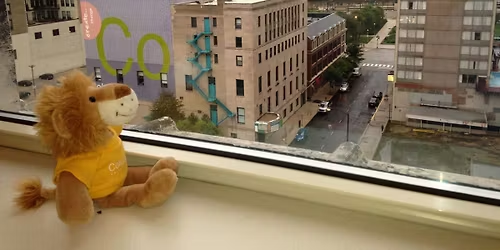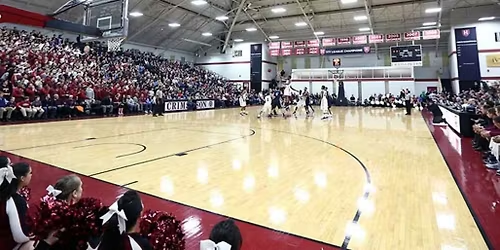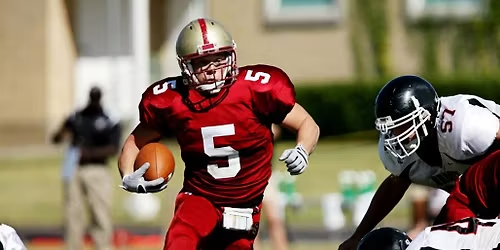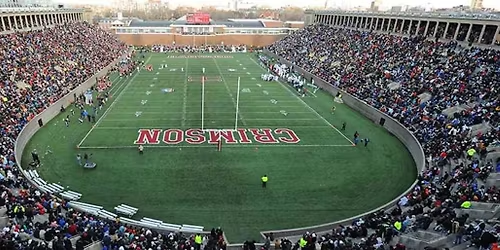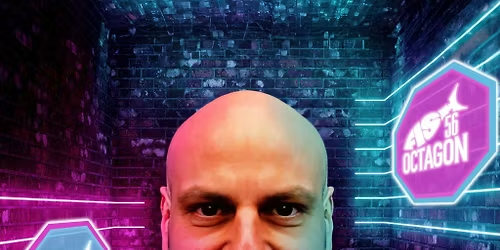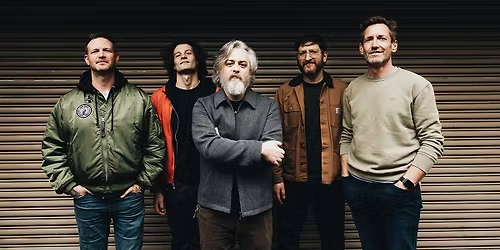About this Event
In recent years, psychoanalysis has expanded its focus, moving beyond repressive symptomatology to include dissociative processes. Concepts such as Howell and Itkowitz’s dissociative unconscious, Bollas’s unthought known, Stern’s unformulated experience, and my own idea of unexperienced-experience have become increasingly central in both theoretical and clinical discourse. Despite this growing attention, significant ambiguity remains, particularly when distinguishing ordinary dissociation from defensive dissociation, as well as in understanding the various forms defensive dissociation can take. It is common to conflate dissociation as a defense mechanism with dissociation as a structural feature of the self.
Drawing on Sullivan’s view of the self as a system, I propose a self-state continuum model of dissociative functioning—from a relatively continuous self-system to one that is structurally discontinuous. I differentiate between “dissociation of content” and “dissociation as a structure of the self” and highlight clinical phenomena that may help practitioners recognize these dynamics in their work. I will also illuminate some of the structural aspects of dissociation as a self-organization and provide clinical examples to illustrate how these patterns may manifest in treatment.
Johanna Dobrich, LCSW, holds a master’s degree in political science from Rutgers University and is a graduate of the Institute for Contemporary Psychotherapy’s (ICP) four-year psychoanalytic training program. She is a licensed clinical social worker with a private practice in New York City. Johanna has served on the faculty of ICP, the Psychoanalytic Psychotherapy Study Center (PPSC), and the National Institute for the Psychotherapies (NIP), where she has taught courses on trauma, dissociation, and contemporary psychoanalytic practice from a Relational perspective. She also supervises candidates in psychoanalytic training. She has served on the Board at ICP and currently holds a position as an advisory member.
She also teaches and consults in the Manhattan Institute for Psychoanalysis’s Certificate Program in Trauma Studies.
Johanna is the author of Working with Survivor Siblings in Psychoanalysis, for which she received the 2023 Sandor Ferenczi Award from the International Society for the Study of Trauma and Dissociation (ISSTD). She has published numerous articles and is recognized for her thoughtful writing on trauma, dissociation, and relational psychoanalysis. Her work offers insights into the complexities of loss, mourning, and the emotional lives of “survivor siblings.” Through her articles and book chapters, she bridges theory and clinical practice, providing valuable perspectives on developmental trauma and promoting healing through psychoanalytic approaches.
She is currently completing a book titled Moving from Grievance to Hope in Psychoanalysis: Applied Case Studies, which explores the use of psychoanalytic tools to promote social and collective healing within the socio-cultural field. The book is slated for publication in winter 2026 as part of Donnel Stern’s Psychoanalysis in a New Key series.
Event Venue & Nearby Stays
Bureau of General Services—Queer Division, 208 West 13th Street, New York, United States
USD 28.52 to USD 55.20

